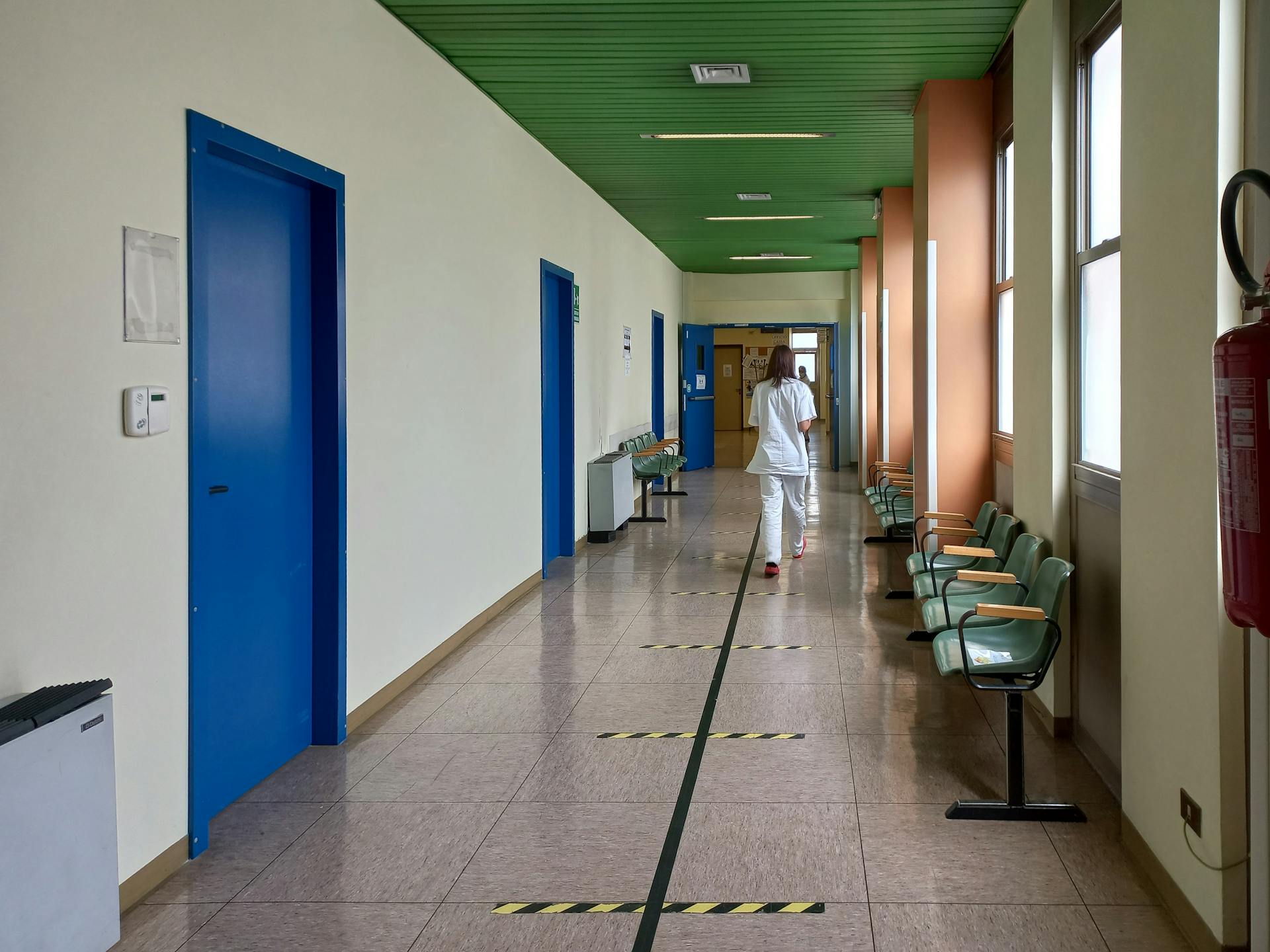In medical settings, maintaining the right environment is more than just a convenience—it’s a necessity. Picture a busy hospital in Durham where different departments need their equipment and products kept at specific conditions. These requirements ensure that medications, blood products, and various biological samples are stored safely, maintaining their intended efficacy. Inaccurate monitoring can lead to products becoming ineffective or even harmful, posing risks to patients and staff alike. Solid monitoring practices become the backbone of a responsible medical facility.
Navigating the strict regulations set by the FDA, AABB, and other authoritative bodies isn’t just about following rules—it’s about ensuring the well-being of every individual who steps through the doors. This is where advanced monitoring solutions come into play, offering real-time data and alerts that keep everyone in the loop. By utilizing state-of-the-art technologies, medical facilities can maintain precision, even under the most demanding circumstances.
The Need for Scientific Monitoring in Durham Medical Facilities
Durham’s medical facilities are evolving, and with this growth, the importance of precise scientific monitoring has never been clearer. Keeping track of temperature and humidity might seem straightforward, yet it is a critical aspect of healthcare operations. When these parameters shift outside the specified ranges, they can compromise the safety and effectiveness of medical supplies.
Here are the main reasons why maintaining control over these environmental factors is vital:
1. Temperature Stability: Medicines and vaccines often need specific temperature ranges to stay effective. If the temperature spikes or drops, it can reduce their efficacy or spoil them entirely.
2. Humidity Control: Just like temperature, humidity affects how some materials are stored. Too much moisture may lead to problems like mold or altered chemical reactions.
3. Regulatory Compliance: Ensuring environmental conditions are managed properly helps medical facilities stay compliant with health and safety regulations. This isn’t only about avoiding penalties but is essential for patient safety.
Adhering to medical and safety standards involves more than just meeting mandatory requirements. It’s a commitment to quality and integrity. This involves routine checks and balances that help facilities maintain their reputation and trustworthiness. Implementing advanced monitoring systems helps medical environments stay ahead of potential issues, keeping both staff and patients safe from unforeseen complications. The more precise these systems, the better they can serve the community’s needs.
Technologies Used for Accurate Monitoring
In medical facilities, adopting modern technology is key to maintaining precise environmental controls. Advanced sensors and automated systems are at the forefront, offering reliable solutions for tracking a range of parameters. These tools deliver continuous data, making it possible to spot potential problems before they affect operations.
Here’s how these technologies make a difference:
1. High-Precision Sensors: These devices accurately measure temperature, humidity, and other relevant factors. They provide a consistent flow of information that helps maintain the ideal conditions necessary for medical products’ safety.
2. Automated Systems: These systems can be programmed to react automatically if environmental conditions deviate from the set thresholds. Such automation minimizes human error, ensuring that corrective actions are taken swiftly.
3. Real-Time Data Logging: Continuous data collection helps create a record that aids in compliance with stringent regulations. This logging feature becomes invaluable during audits, providing a clear trail of all conditions.
4. Alert Systems: Immediate alerts sent to staff when there’s a shift in conditions allow for quick responses, safeguarding critical supplies and materials from potential harm.
By using these technologies, medical facilities can achieve a higher degree of certainty in their monitoring efforts, keeping everything from vaccines to sensitive equipment at optimal conditions.
Benefits of Proper Monitoring in Blood and Tissue Banks
Blood and tissue banks face unique challenges, as the products they handle are particularly sensitive. Proper monitoring plays a crucial role in these environments, ensuring that every component remains safe and effective. Blood banks, for instance, adhere to rigorous standards to keep blood products like whole blood and platelets viable. Similarly, tissue banks need precise control over conditions to properly store various tissues, from bone to skin.
Complying with regulations enforced by the FDA, AABB, and CDC is not optional; it’s a fundamental part of operations. Automated log systems make compliance more manageable by providing detailed records during inspections. Meanwhile, specific storage conditions tailored to each product type help preserve their integrity and facilitate their successful use in medical procedures.
Importance of Monitoring in Hospitals and Pharmacies
Hospitals and pharmacies deal with numerous challenges related to storage and medication efficacy. These facilities rely on reliable monitoring systems to ensure patient safety and the effectiveness of treatments. For hospitals, this means safeguarding medications, vaccines, and blood products from reaching unsafe temperatures. Pharmacies must also store drugs correctly, adhering to FDA and state regulations to maintain their potency.
Pharmacies, in particular, benefit from real-time logging and audit-ready reports. Having these systems in place reduces the risk of non-compliance, protecting both the businesses and their clients. Proper monitoring establishes a layer of trust, reassuring patients that they are receiving medications stored under ideal conditions.
Enhance Patient Safety with Advanced Scientific Monitoring Solutions
Scientific monitoring in medical environments, whether in hospitals, blood banks, or pharmacies, is more than a compliance exercise—it’s a commitment to patient safety and service integrity. These systems prevent potentially costly mistakes and ensure that medical professionals can focus on what they do best: caring for patients. For facilities in Durham, where community trust and health standards are front and center, implementing these comprehensive monitoring systems is both a proactive and practical approach.
Facilities armed with the right technological solutions can better navigate the complex landscape of medical care, providing peace of mind that they’re fully prepared for any regulatory scrutiny. By focusing on maintaining ideal conditions, these institutions uphold the highest standards of safety and care, reinforcing the importance of dedicated monitoring efforts.
For medical facilities in Durham looking to improve compliance and efficiency, investing in advanced monitoring solutions is essential. Learn how Qualified Controls provides reliable technologies to support your needs by exploring scientific monitoring in Durham. With the right systems in place, you can safeguard critical supplies and ensure optimal conditions with ease.


